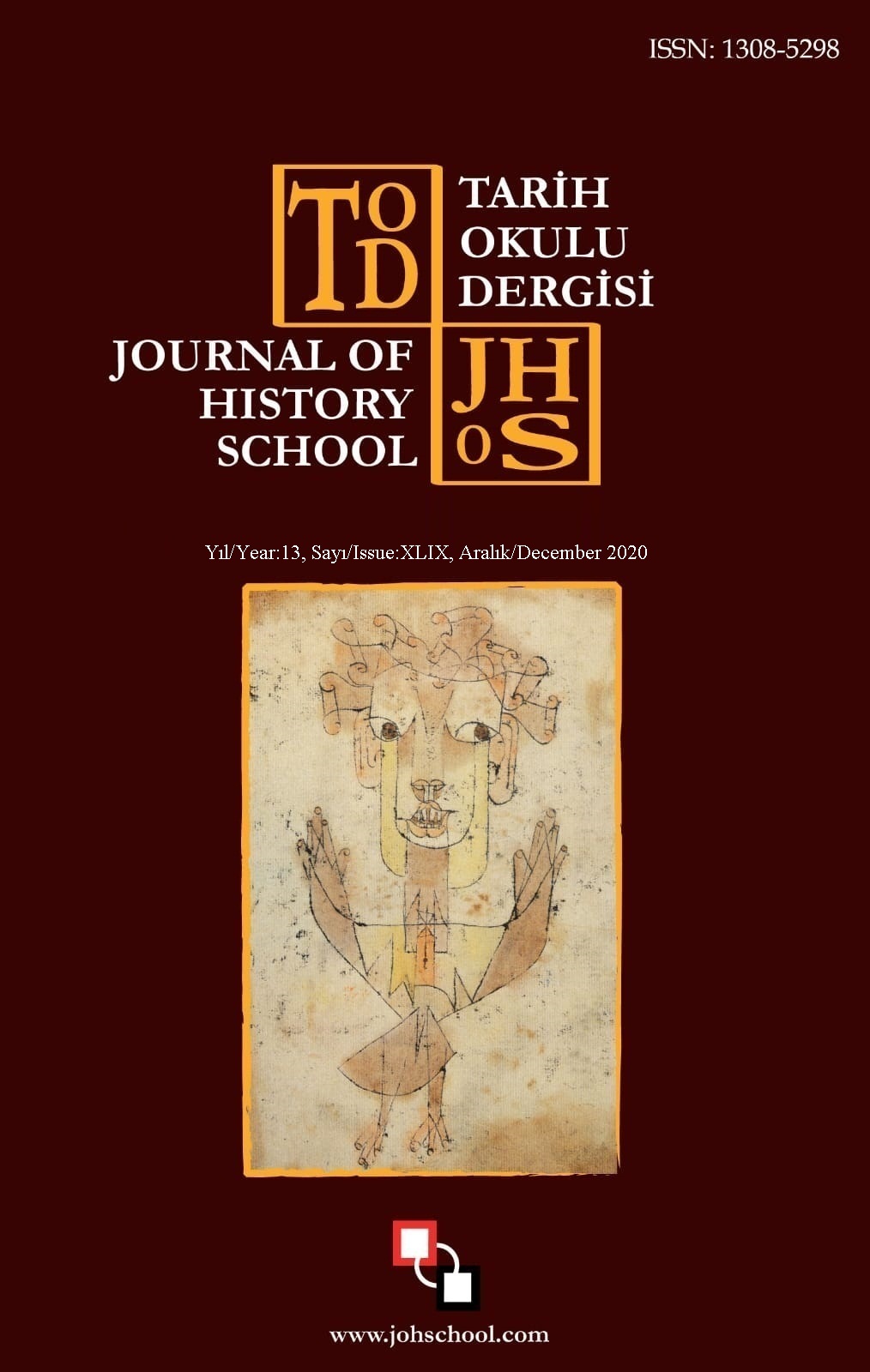Author :
Abstract
İnsanlık tarihinde yeni bir kültürel durum ve bilinç düzeyine karşılık gelen modernleşme olgusu aydınlanma, endüstrileşme ve küreselleşme süreçleri ile yaygın bir yaşam biçimine erişmiştir. Geleneksel ilişki biçimlerini ve inanç sistemlerini etkileyen modernleşme aile, hukuk, ekonomi ve siyaset başta olmak üzere bütün kurumları doğrudan etkilemiştir. Modernleşme, dinin tarihsel gücünü ve tekelci konumunu ortadan kaldırmıştır. Böylece geleneksel toplumun dinle iç içe olan muhafazakâr özelliği değişime uğramış, insan kutsallığından arındırılmış ve düşünce sekülerleşmiştir. Modernleşmenin yansımaları olan sekülerleşme, çoğulculuk ve bireyselleşme olguları geleneksel, kurumsal dinin yerine öznelleşen bir din anlayışını ikame etmiştir. Modern dünyanın belirsizlikleri ve anlam krizleri bu bağlamda dine karşı yeni bir yönelişi beraberinde getirmiştir. Yeni Dini Hareketler ve New Age akımları bu yönelişin somutlaştığı alanlar olmuştur. Batı dünyasında birçok insanı inanç ve davranış düzeyinde etkileyen Yeni Dinî Hareketler, modern dönemin yeni şartlarına uyum ve uyumsuzluğun tepkisel tezahürleri olarak kendine yaşam alanı bulmaktadır. Yeni Dinî Hareketler dini inancın yanında, bilimsel düşünce, zihin, ruh ve beden sağlığı, tıbbi tedavi, tüketim vb. alanları içeren bir yapıya sahiptir. Kültürleri ve inançları dönüştüren modernleşme olgusu zamanla İslam toplumlarını da etkileyerek cemaat karakterini dönüştürmüştür. Bu çalışma, modernleşmenin dini oluşumlara yönelik etkilerini; sekülerleşme, çoğulculuk ve bireyselleşme kavramlarıyla ifade edilen olgular çerçevesinde analiz etmeyi amaçlamıştır.
Keywords
Abstract
The phenomenon of modernization, which corresponds to a new cultural situation and level of consciousness in human history, has reached a widespread lifestyle with the processes of enlightenment, industrialization and globalization. Modernization, which affects traditional forms of relationship and belief systems, has directly affected all institutions, especially family, law, economy and politics. Modernization has eliminated the historical power and monopoly position of religion. Thus, the conservative character of traditional society, which is intertwined with religion, has changed, the human being has been stripped of its sacredness and the thinking has become secular. The phenomena of secularization, pluralism and individualization, which are the reflections of modernization, have replaced traditional, institutional religion with an understanding of religion that becomes subjective. In this context, the uncertainties and crisis of meaning of the modern world brought a new orientation towards religion. New Religious Movements and New Age movements have been the areas where this orientation has been embodied. The New Religious Movements, which affect many people in the Western world at the level of belief and behavior, find a living space as reactive manifestations of adaptation and disharmony to the new conditions of the modern era. New Religious Movements, in addition to religious belief, scientific thought, mental, mental and physical health, medical treatment, consumption and so on. It has a structure that includes fields. The phenomenon of modernization that transforms cultures and beliefs has transformed the character of the community by affecting Islamic societies in time. This study, the effects of modernization on religious formations; it aimed to analyze within the framework of the facts expressed in terms of secularization, pluralism and individualization.
